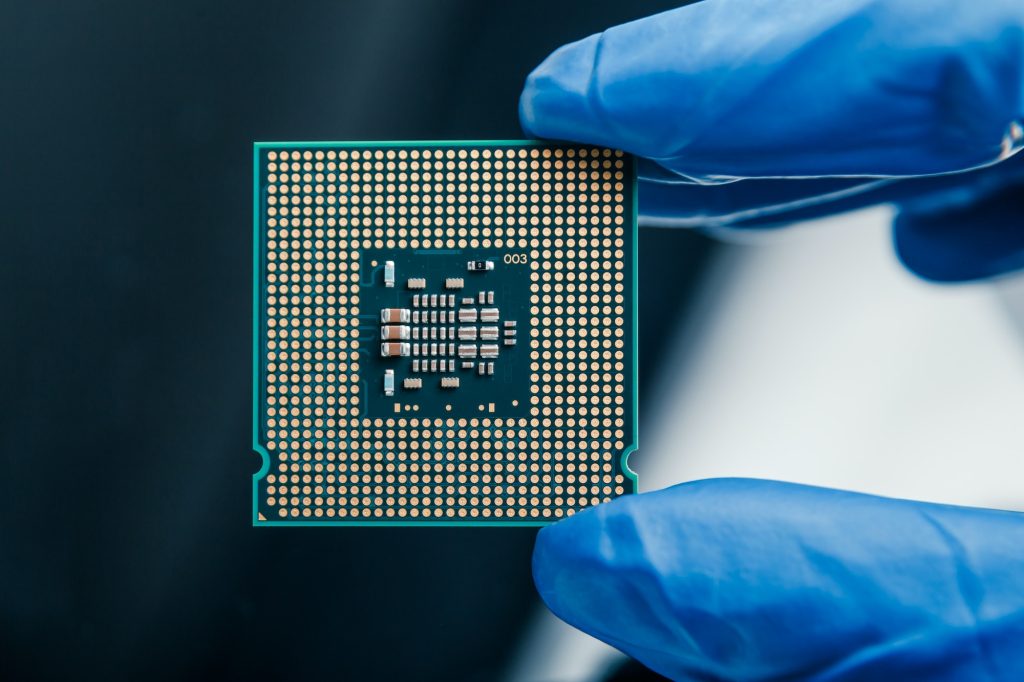Dutch government to prevent ASML technology from boosting Chinese military capabilities
The Dutch government has taken measures to limit the sale of Advanced Semiconductor Materials Lithography (ASML)’s technologies to China over concerns that these tools might contribute to enhancing Chinese military capabilities.

The Dutch government has expressed concerns that ASML’s advanced semiconductor manufacturing tools could be used by China to gain a military advantage. ASML, a Netherlands-based global company, is a leading provider of lithography systems essential for manufacturing advanced computer chips.
Geoffrey van Leeuwen, Dutch Trade Minister, indicated that China is seeking foreign expertise, including Dutch lithography technology, to enhance its military-tech development.
This technology could potentially be used to manufacture cutting-edge semiconductors used in high-value weapons systems and even weapons of mass destruction. In response to these concerns, the Dutch government has implemented export controls, following pressure from the Biden administration.
Why does it matter?
The Dutch government’s restrictions include a licensing requirement for ASML’s mid-range Deep Ultraviolet (DUV) lithography machines, which are critical for chip fabrication. While ASML’s most advanced Extreme Ultraviolet (EUV) lithography tools have never been sold to China, the DUV machines are still capable of producing powerful semiconductors.
The recent actions by the government include revoking a previously granted license for ASML to export several DUV tools to undisclosed customers in China. The new policy aligns with a broader strategy endorsed by the US and its allies to limit China’s access to technologies that could enhance its military capabilities.
The cancelled licenses and new export controls have raised a debate about the balance between national security and economic interests, as China is a significant market for ASML’s products.
The move highlights the geopolitical tensions surrounding the global semiconductor industry and the strategic importance of controlling the supply chain for advanced technologies such as advanced chips and artificial intelligence.
